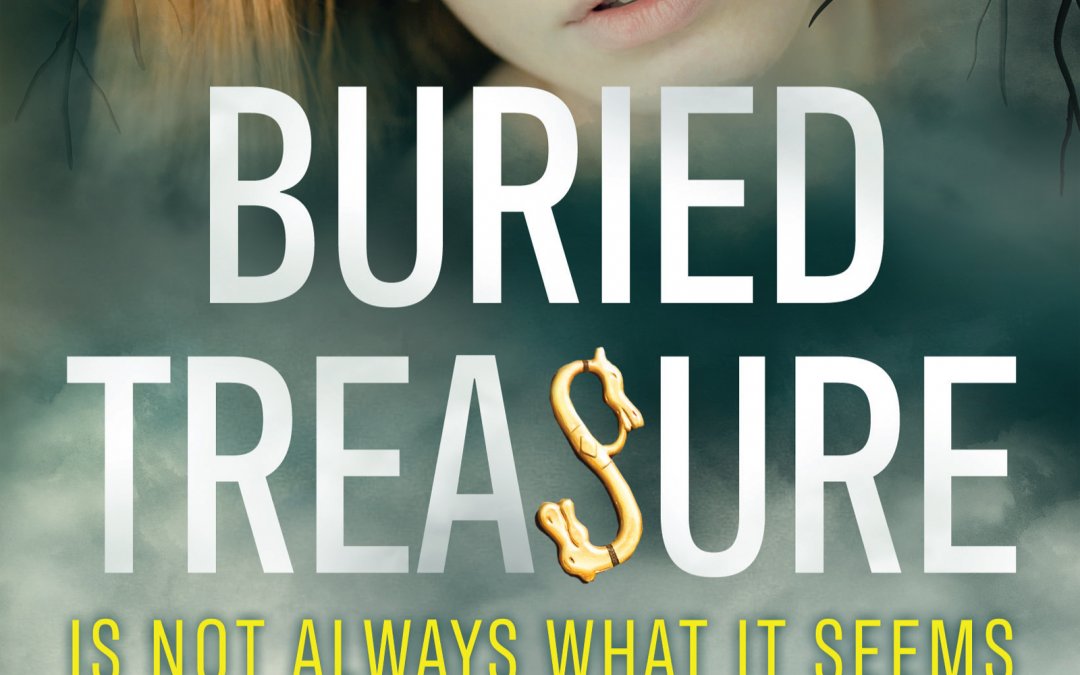I’m not a huge fan of Romantic Fiction, so the blurb for this book was not enticing:
Jane thinks he sees her as shallow and ill-educated. Theo thinks she sees him as a snob, stuffy and out of touch.
Within the ancient precincts of the university the first encounter between the conference planner and the academic is accidental and unpromising. Just as well there’s no reason for them ever to meet again.
It looks like the beginning of every trite and predictable chicklit romance. “My god, Jane, with your glasses you look quite intelligent.” “And you, Theo, once you’ve had a style makeover, could be the man of my dreams.” But I have “met” Gilli Allan online and I know how much she puts into her books which she prefers to think of as “contemporary women’s fiction” rather than Romance. So I snuck a copy onto my Kindle and decided to find out just how bad it could be.
And the answer is: not bad at all. In fact, it’s rather good. Her characters are properly realised with back-stories that are entirely credible and rather sad, but both Theo and Jane are trying to move on with their lives and overcome their emotional issues. They are active and engaging agents in their own lives, rather than the creations of a writer who knows that the path of true love can never run smooth until the lovers have overcome one or two largely imaginary obstacles to their happiness. In fact, neither Jane nor Theo is “looking for love”. Indeed, both are actively fending off unwanted suitors while concentrating on making successes of other aspects of their lives.
Jane is starting her own business as a conference organiser and Theo is trying to climb the academic ladder as an archaeologist. Gilli Allan knows a lot about both conference organising and archaeology and the details of the lives of the two protagonists are interesting and convincing.
As their work means that they begin to run into each other more and more often (she is organising a conference at the Cambridge college he is working at) so an unlikely friendship forms. Will it blossom into love, or will one of the various other potential romantic partners derail the affair before it has even started?
Gilli is a member of the Romantic Novelists Association, so a happy ending is more-or-less guaranteed. (One of the reasons I generally dislike Romantic Fiction is because most readers and writers consider that a happy ending is required.) Even so, I was not sure things were going to work out. The characters are complex, the back-stories elaborate. The story is told in the present tense, an affectation that usually annoys me but which works here because it delineates the main story from the quantities of back-story (past tense) that could otherwise get very confusing. There’s also quite a lot of plot. Actually, there are so many sub-plots I began to lose count, though I was never confused. All the characters, even the most minor, are clearly drawn so that even I couldn’t muddle them up. And Gilli keeps the plots so interesting. One rather important one centres on some sharp practice in a town planning department and the provision that should or shouldn’t be made for an archaeological survey before a supermarket is built. I’ve sat in on the odd local government planning controversy and it takes real skill to make them remotely interesting, but Gilli Allan does.
I’ve found this a difficult book to review because there is so much good stuff in it, but it seems to be scattered all over the place. It is a measure of the author’s skill that she manages to pull so many disparate strands together into a highly readable and wholly enjoyable book.
I do strongly recommend this, even if you hate Romantic Fiction.


Thank you so much, Tom. You know how much this review means to me. x
I’m glad.
I’d like to reassure readers that there are authors I know who are less happy with my reviews. I won’t recommend a book just because I like the author. This review was from the heart.